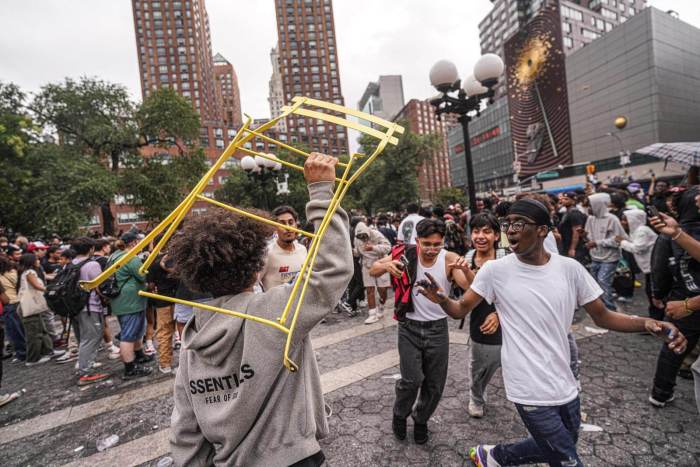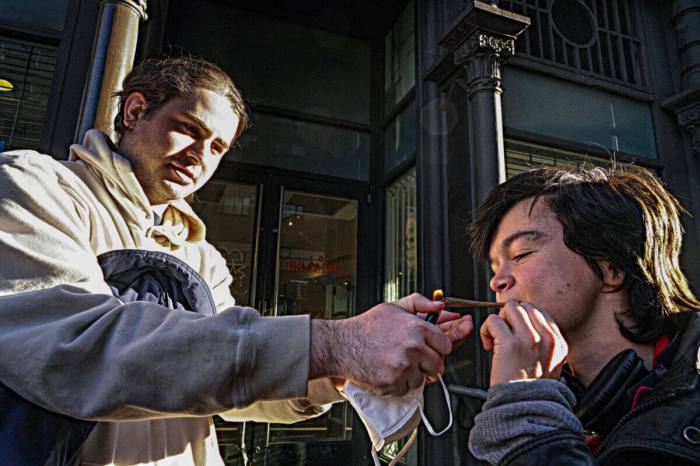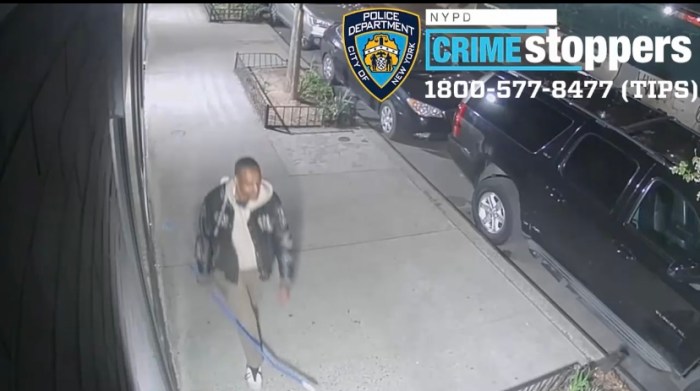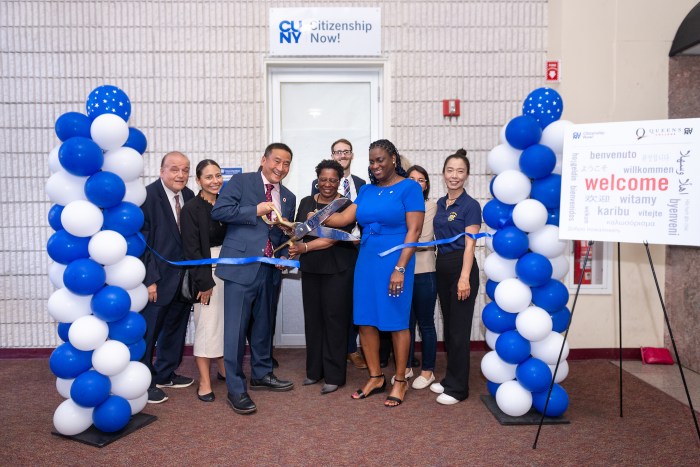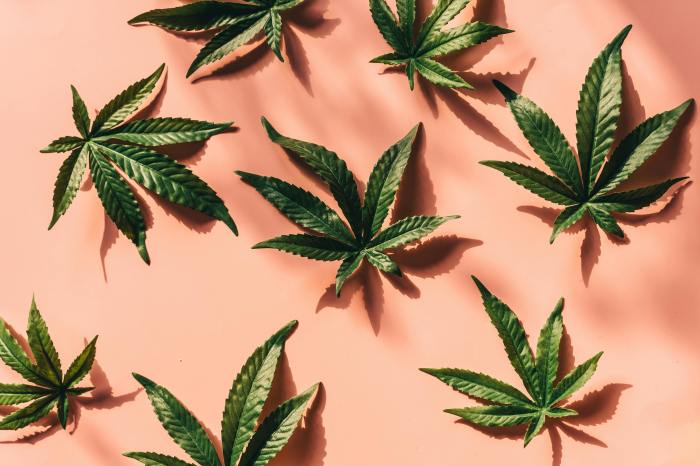
The city’s plan to make organic waste collection mandatory across all five boroughs is long on ambition but short on details.
There’s no set timetable for the program, which Mayor Bill de Blasio announced on Earth Day last week as part of his Green New Deal initiative. It also is unclear whether the current voluntary organics collection program, which serves more than 3.5 million New Yorkers, will be expanded anytime soon.
De Blasio pledged to work with the City Council on legislation that would require residents to separate out their food scraps from their trash. He is hoping to sign a bill by the end of the year.
“We know it’s crucial if we want to stop sending so much to the landfills,” de Blasio said. “It will take time, it will take education … It won’t happen overnight.”
But environmental experts said the city’s halted efforts to collect organics is undercutting its larger vision, which dates back to a 2013 pilot program under former-Mayor Michael Bloomberg.
Last year, the city pulled back on a plan to expand its voluntary organics collection while it works out issues with the program.
“Separated organics collection is a sustainable strategy being implemented in forward-looking cities around the nation,” said Eric Goldstein, senior attorney and New York City Environment Director for the Natural Resources Defense Council. “There’s a need for legislation but there’s no need to wait. Citywide voluntary collection serving every neighborhood is the next logical stop and that should be happening right now.”
In a statement, a spokeswoman for the Sanitation Department said the agency was looking forward “to working out the details of this legislation in partnership with City Council.”
Back in 2015, de Blasio promised organics collection for all New Yorkers by 2018 by increasing curbside collection and local drop off sites, as part of his initial One New York plan.
It’s an important part of the city’s goal to send zero waste to landfills by 2030. Currently, the Sanitation Department collects more than 10,500 tons of residential and institutional garbage every day. About one-third is organic waste that — if separated out — could be used for compost or renewable energy, officials have said.
Getting New Yorkers to set aside their banana peels, eggshells, spoiled takeout meals and other food scraps is no easy task. The logistics of picking up organic waste, stored in brown bins, is also a challenge for crews from the city’s Sanitation Department. Budget experts have argued the inefficiency of sending sanitation trucks on long routes to pick up relatively small amounts of organic waste.
Still New Yorkers have reason to be hopeful. The amount of organic waste collected at the curb increased from 13,000 tons in Fiscal Year 2017 to more than 31,000 tons in Fiscal Year 2018, according to the Sanitation Department. Residents also bring food scraps to drop off centers around the city. Adding in those drop off sites, Christmas tree collections and other sources, the Sanitation Department picked up more than 43,000 tons of organics in Fiscal Year 2018.
Goldstein said the current budget hearings and negotiations between the City Council and the de Blasio Administration provide an opportunity to fund an expansion of the voluntary program.
“Separation of organics makes sense environmentally and economically,” he said. “But you have to make the long-term investment.”











